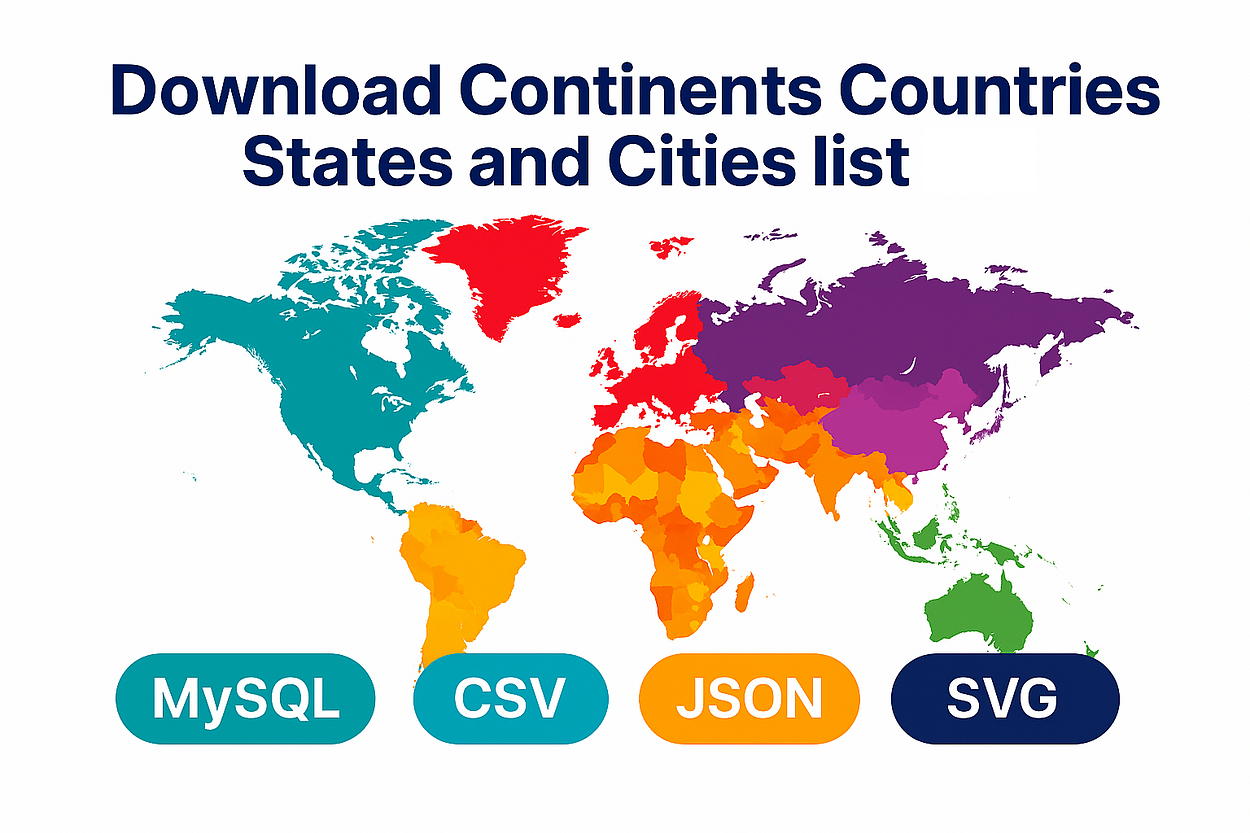India’s Own Marketplace for Small Online Jobs: Empowering Freelancers and Small Businesses
In recent years, India has seen a huge shift in the job market, especially for freelancers and micro-entrepreneurs. With the rise of digital platforms, people across the country are finding new ways to earn money and build careers without leaving their homes. One of the biggest changes is the growing popularity of small online jobs in India. These jobs are ideal for individuals who want to earn money on their own terms, whether they’re students, stay-at-home parents, or anyone looking for flexible work.
But how exactly does the growing trend of small online jobs work in India, and why is it so popular?
The Rise of Freelance Job Platforms in India
Traditionally, India’s job market has been centered around full-time positions with big corporations or government roles. However, as technology has advanced, more and more people are turning to freelance work. This shift has been fueled by the growing number of freelance job platforms that cater to a wide range of skills—from digital marketing to content writing, graphic design, web development, and much more.
Platforms like Upwork, Freelancer, and Fiverr have long been popular globally, but recently, India has also seen homegrown job platforms taking center stage. These platforms are designed specifically for Indian workers, making it easier for them to find online jobs for freelancers in a language they understand and at pay rates that suit local expectations.
How India’s Job Marketplace is Different
Unlike traditional job markets that often require long-term commitments or in-office work, the Indian job marketplace for small online jobs is flexible. Many of these jobs allow people to work from home, choose their hours, and take on projects based on their skill set. This flexibility is a big draw for those looking for additional income, a career change, or a more balanced work-life schedule.
This shift is particularly important for Indian women and rural populations who may not have the opportunity to commute to a traditional job. By embracing online work, they can access opportunities that were once unavailable to them.
A Booming Opportunity for Freelancers
The beauty of work from home opportunities in India is that they cater to all kinds of skills. Whether you are a writer, a designer, a developer, or even a customer service professional, there’s a platform for you. And it’s not just about picking up a few tasks here and there—it’s about building a long-term, sustainable freelance career. As the demand for digital skills continues to grow, the opportunities for online jobs expand.
For freelancers, India offers an ecosystem of resources to help build a successful career. From professional networking groups to specialized online training courses, the resources available can help anyone refine their skills and stand out in a competitive marketplace.
Challenges of the Indian Online Job Market
While the opportunities are vast, the Indian online job marketplace is not without its challenges. One of the biggest obstacles is the lack of awareness among small businesses or individuals about the potential of hiring freelancers. Many still rely on traditional methods of recruitment, often overlooking the flexibility and cost-effectiveness of hiring freelancers for short-term or project-based work.
Another challenge is the competition. As more people look to tap into the growing market of small online jobs in India, the competition becomes tougher. It’s essential to build a strong portfolio, maintain a good reputation, and continuously upgrade skills to stay ahead.
Why Small Online Jobs are Here to Stay
The growth of India’s digital economy, coupled with the increasing number of freelancers and small business owners, indicates that small online jobs are not just a passing trend. They are transforming how people view work and what they consider a “real job.” The flexibility, ease of access, and variety of opportunities make these jobs an attractive option for a growing number of Indians.
Moreover, with the rise of India’s middle class and a younger, tech-savvy population, the demand for online services and freelance work will only continue to increase. As long as platforms continue to innovate and make it easier for people to connect with clients, the future of India’s job marketplace looks bright.
Conclusion
India’s own marketplace for small online jobs is more than just a trend—it’s a game-changer. Whether you are a freelancer looking for new projects or a small business owner seeking cost-effective talent, these platforms offer a wealth of opportunities. As the country continues to embrace digital transformation, the landscape for online jobs for freelancers will keep evolving, giving everyone the chance to shape their future on their own terms.
By tapping into this market, India is not only boosting its economy but also empowering individuals to take control of their careers, creating a thriving digital workforce that is setting global standards.





